In a quiet cemetery in eastern China, a grieving father quietly took out his phone, placed it on the tombstone, and played a recording of his son. “I know that everyone is suffering deeply because of me every day, feeling guilty and helpless. Even though I can no longer be with you, my soul is still in this world , accompanying you all your lives,” a slightly robotic voice said.

Those were the words that the deceased - Huyen Mac, never said, created by artificial intelligence (AI). Huyen Mac's parents were very sad when their only child passed away from a stroke at the age of 22 last year while studying at the University of Exeter (UK).
So, with the help of technology, they decided to create a digital replica of their dead son, but existing in virtual reality.
They are among a growing number of Chinese people using AI technology to recreate lifelike avatars of the deceased.
Several Chinese companies claim to have created thousands of 'digital clones' from just 30 seconds of video and audio data of the deceased.
Experts say they can provide much-needed comfort to those grieving the loss of a loved one.
Several companies specializing in so-called 'ghost bots' have emerged in the US in recent years. But in China, the industry is booming.
“China is among the most advanced in the world in terms of AI technology,” said Zhang Zewei, founder of AI company Super Brain. “There are many people in China who want to stay connected with the deceased, which gives us a big advantage in meeting the market.”
According to Zhang Zewei, Super Brain charges between 10,000 and 20,000 yuan ($1,400 and $2,800) for the process of creating a basic 'digital clone' within about 20 days.
Customers can even make video calls with a chatbot whose face and voice are digitally recreated to look exactly like the deceased.
Sima Huapeng, founder of Nanjing-based Silicon Intelligence, said the technology would create a “new humanism.” They are similar to portraits in photography, but help people remember the dead in a completely different way.
On the other hand, Chinese sociologists are raising many questions regarding the existence and development of 'ghost bots', especially regarding their psychological and ethical implications.
The 'digital clones' are created using AI technology, so they will evolve and may not be 'faithful' to the personality they were designed to emulate, threatening to 'taint' the memories of the deceased.
Although Zhang Zewei believes that every new technology is a 'double-edged sword'. Therefore, as long as it can help those in need, Zhang Zewei does not see any problem.
The grieving father suggested that perhaps Xuan Mo would be willing to be digitally resurrected. “One day, son, we will all be reunited in the virtual super universe. Technology is getting better and better... it is just a matter of time,” he said as his wife wept over their son’s grave.
(according to TX)
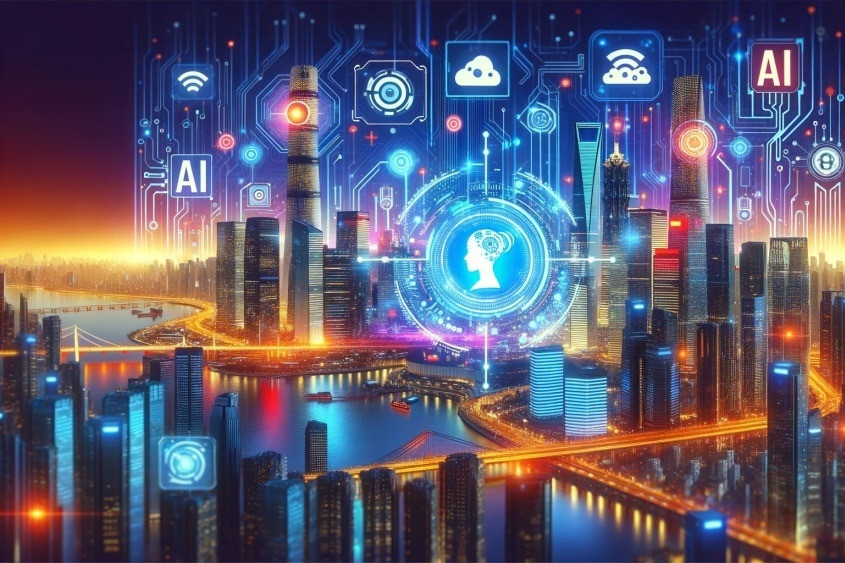
AI will contribute $4.2 trillion to China's economy by 2035

China rolls out personal identification platform using blockchain technology
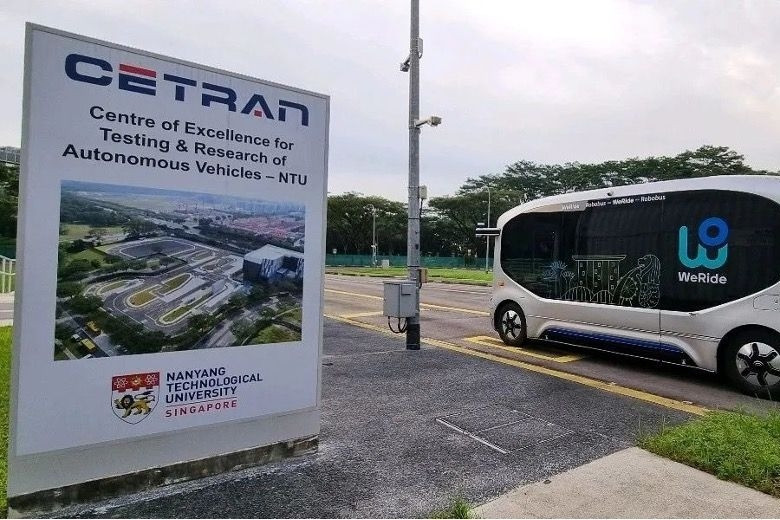
Chinese company tests self-driving cars in Singapore, fueling global dreams
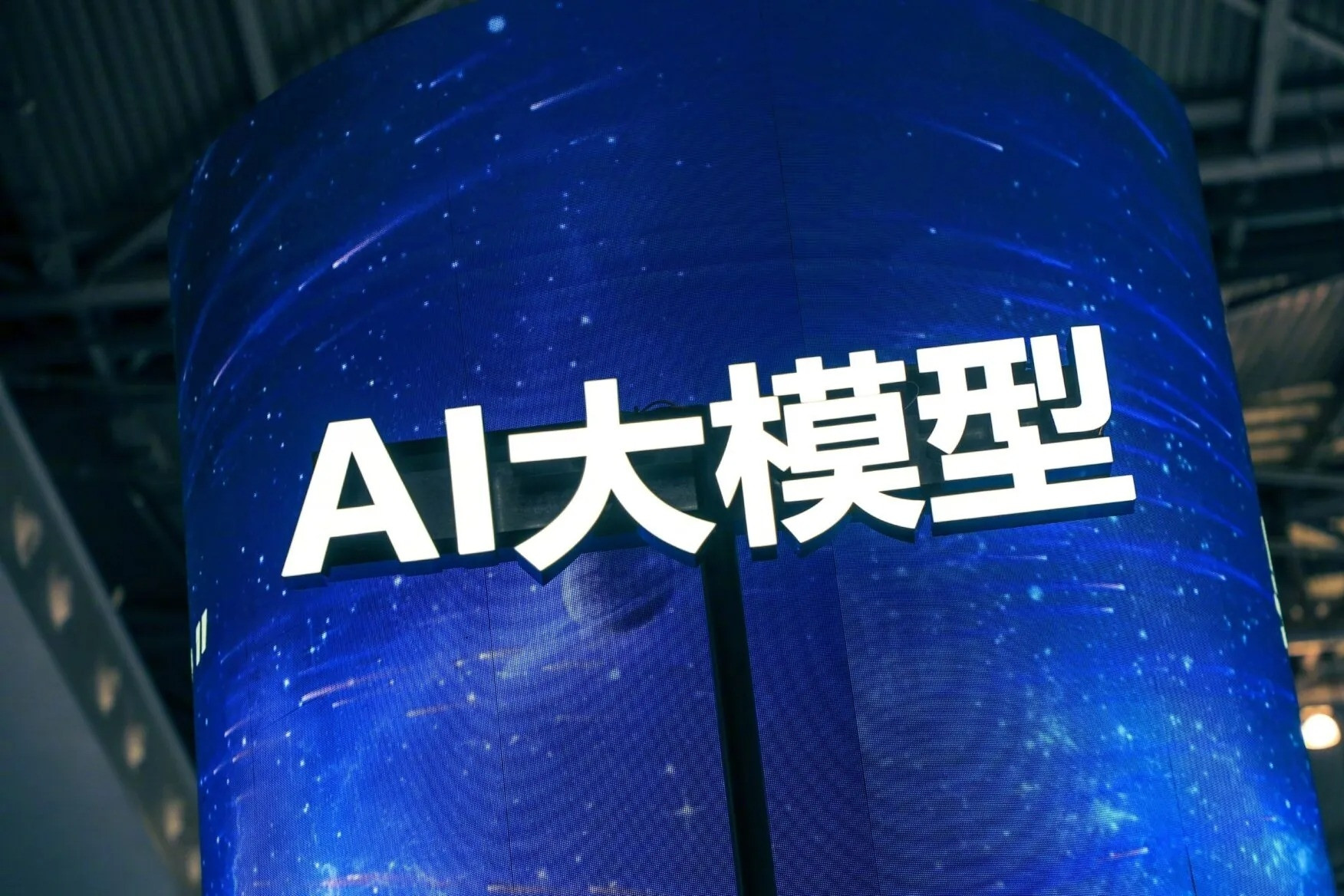
A unique direction in AI chatbot development in China
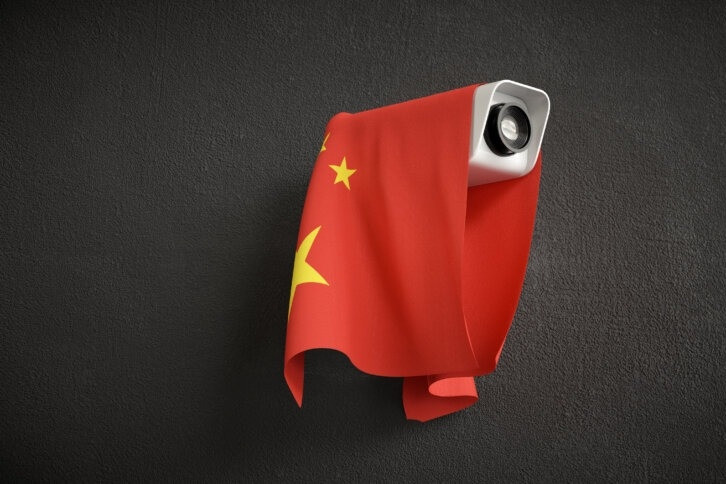
The Power of Facial Recognition Technology in China
Source





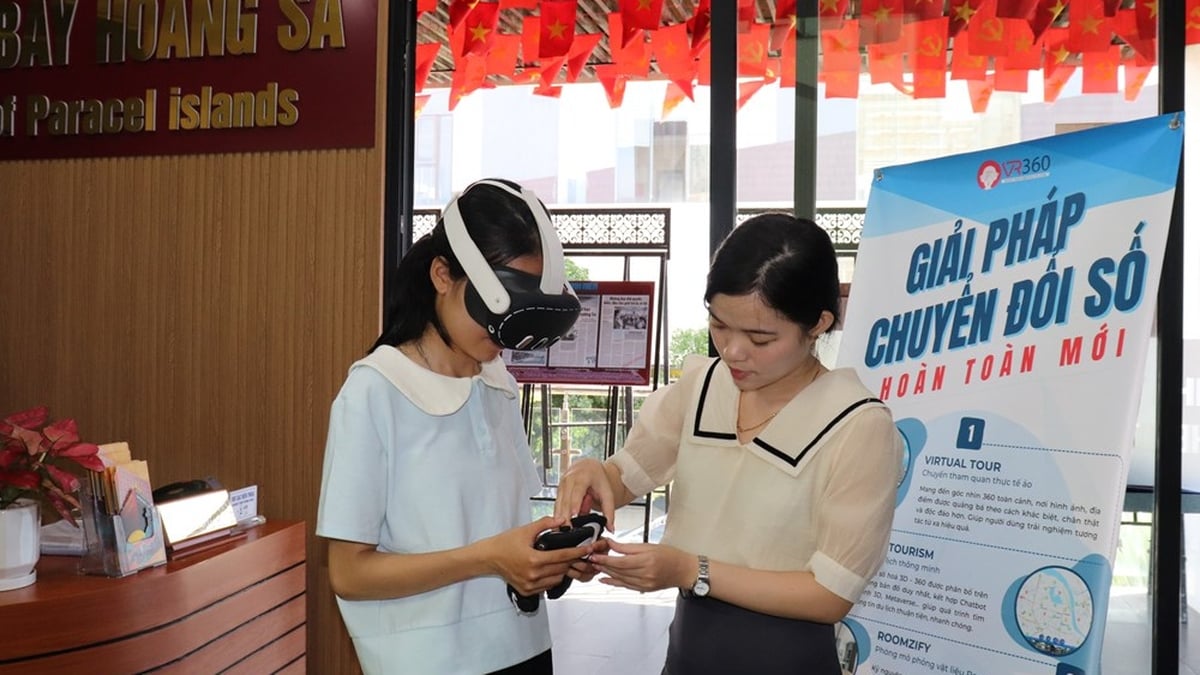

![[Video] Forecast of benchmark scores of mid-ranking universities to drop sharply](https://vphoto.vietnam.vn/thumb/1200x675/vietnam/resource/IMAGE/2025/7/18/be12c225d0724c00a7e25facc6637cb9)

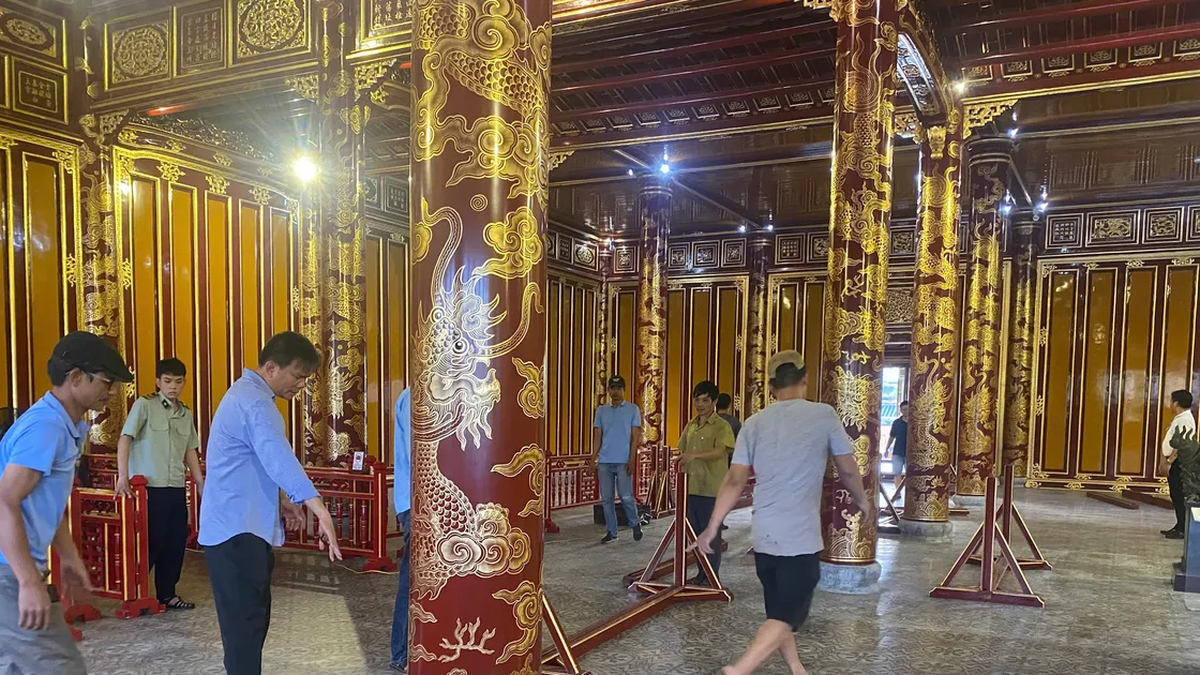

















































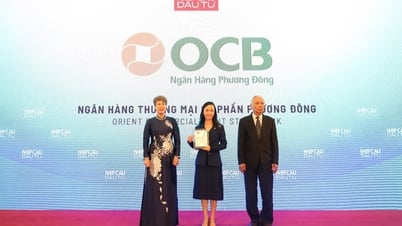









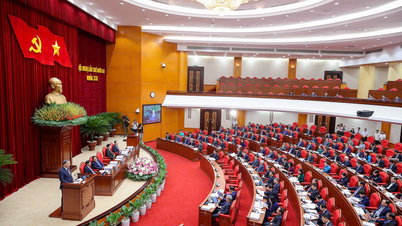









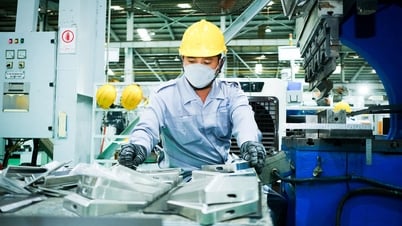














![[Infographic] In 2025, 47 products will achieve national OCOP](https://vphoto.vietnam.vn/thumb/402x226/vietnam/resource/IMAGE/2025/7/16/5d672398b0744db3ab920e05db8e5b7d)







Comment (0)